Last Updated: February 5, 2026
By accessing or using this website, you agree to these Terms of Service. If you do not agree, do not use the website.
This website provides general information about BioCure Health, LLC and allows users to request appointments, information, and support.
Content on this website is for informational purposes only and is not medical advice. Always seek the advice of a qualified healthcare provider with any questions regarding a medical condition.
If you submit a request through our forms, we may contact you to follow up regarding your request.
If you provide your mobile number and explicitly opt in to receive SMS/text messages from BioCure Health, LLC, you agree that we may send text messages related to appointment scheduling, confirmations, reminders, rescheduling, and customer support.
Message frequency varies
Message & data rates may apply
Reply STOP to opt out at any time
Reply HELP for help
Consent is not a condition of purchase
We do not sell, rent, or share mobile numbers with third parties for their marketing purposes
Your use of the website is also subject to our Privacy Policy.
All website content (text, graphics, logos, and design) is the property of BioCure Health, LLC or its licensors and may not be used without permission.
You agree not to misuse the website, including attempting unauthorized access, transmitting harmful code, or interfering with site functionality.
This website may contain links to third-party sites. We are not responsible for their content or practices.
This website is provided on an “as is” and “as available” basis. BioCure Health, LLC makes no warranties, express or implied, regarding the website, including but not limited to warranties of merchantability, fitness for a particular purpose, and non-infringement. We do not guarantee that the website will be uninterrupted, secure, or error-free.
We may update these Terms from time to time. Updates will be posted on this page with a revised Effective Date.
BioCure Health, LLC
Email: info@getbiocure.com
Phone: 754-206-0838

